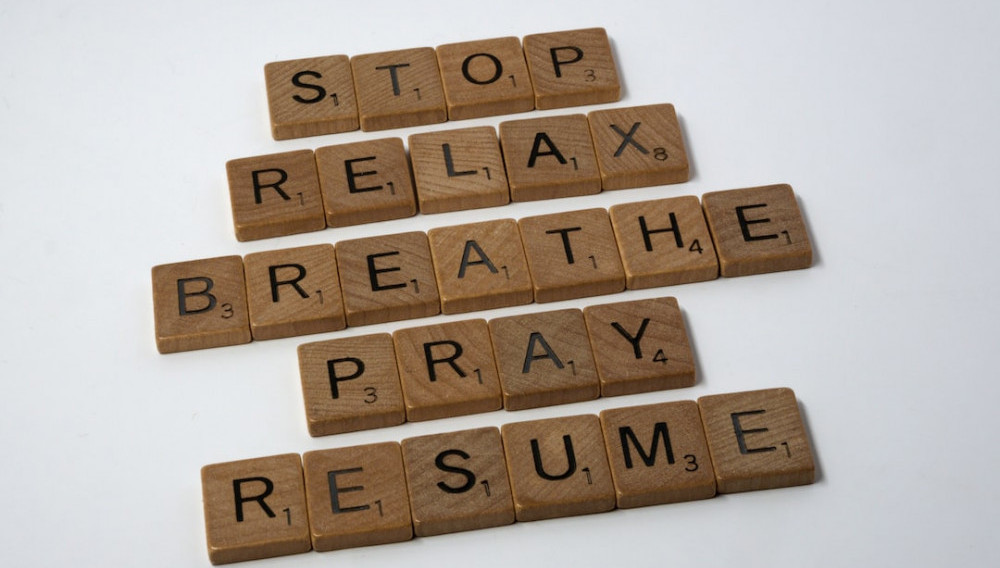 I looked up the word stress to find out the true meaning. Stress is a word that is used a lot during perimenopause. The meaning of the word stress: is a state of mental or emotional strain or tension resulting from adverse or demanding circumstances.
I looked up the word stress to find out the true meaning. Stress is a word that is used a lot during perimenopause. The meaning of the word stress: is a state of mental or emotional strain or tension resulting from adverse or demanding circumstances.
Stress is a physiological and psychological response to a challenging or threatening situation. It is a natural and normal part of our experience, and in many cases, it can help us to respond to difficult situations more effectively. However, when stress becomes chronic or overwhelming, it can have negative effects on our physical and emotional health during perimenopause.
In this post, I’m going to look at three different types of stress on our bodies.
Stress in the work environment.
Stress in the workplace can have a significant impact on women who are experiencing perimenopause. Perimenopause is the transitional phase leading up to menopause, during which women experience hormonal changes that can cause a range of physical and emotional symptoms. Some of these symptoms, such as hot flashes, mood swings, and fatigue, can be exacerbated by stress.
Imagine if you had a bad night’s sleep. The quality of your sleep can have a significant impact on your energy levels and your ability to function effectively during the day. When you don’t get enough sleep or when the quality of your sleep is poor, it can make it difficult to concentrate, focus, and complete tasks efficiently.
When you’ve had a bad night’s sleep and then have to work a full day and attend to other responsibilities. This can lead to feelings of exhaustion, irritability, and a decreased ability to cope with stress.
Stress in the workplace can also lead to a range of physical and emotional symptoms, including anxiety, depression, high blood pressure, and cardiovascular disease.
When women in perimenopause are exposed to chronic stress, it can further disrupt their hormonal balance and lead to more severe symptoms. Stress raises cortisol levels and suppresses estrogen and progestogen.
To manage stress in the workplace during perimenopause, you can take steps such as practicing relaxation techniques, exercising regularly, getting enough sleep, and making time for self-love and activities that you enjoy.
Stress from Lack of Sleep.
Stress and lack of sleep are closely interconnected, and they can create a negative feedback loop that can be difficult to break. When you are stressed, it can make it difficult to fall asleep and stay asleep, leading to a lack of sleep.
At the same time, a lack of sleep can increase feelings of stress and anxiety, leading to a further decrease in the quality of our sleep.
When we are trying to sleep and can’t, it can be frustrating and lead to feelings of annoyance or anxiety, and lots of tossing and turning. This can trigger the release of stress hormones, such as cortisol and adrenaline, which can further disrupt our ability to fall asleep and stay asleep.
Cortisol is a hormone that is released in response to stress, and it plays an important role in our body’s stress response system. It can take up to two hours for cortisol to settle in our bodies to allow us to sleep.
Physiologically, stress and lack of sleep can lead to a range of negative effects on the body you are exhausted all the time, irritable, finding it hard to concentrate, and can lead to chronic health conditions.
Did you know you can survive only 10 days without sleep?
Chronic stress can lead to the release of stress hormones, which can disrupt the body’s natural sleep-wake cycle and make it difficult to fall asleep or stay asleep. A lack of sleep, in turn, can impact our immune system, increase our risk of developing chronic health conditions, and lead to a range of physical and emotional symptoms.
Lack of sleep and stress can also have negative effects on our mental health. Chronic stress can lead to feelings of anxiety, depression, and burnout, while a lack of sleep can exacerbate these feelings and make it difficult to cope with stressors. Remember the saying everything is so much better after a good night’s sleep.
To break the cycle of stress and lack of sleep, it’s important to prioritize both your sleep and your stress management. Also, look at ways to regulate your circadian rhythm. Establish a regular sleep-wake cycle and create a safe sleep environment.
Stress from the Environment.
Environmental stressors, such as noise pollution, traffic, pesticides, and other pollutants, can have a significant impact on your physical and emotional health. These stressors can trigger the body’s stress response system, leading to the release of stress hormones and physiological changes that can impact your overall well-being.
Noise pollution, for example, can disrupt your sleep, increase your stress levels, and lead to a range of negative physical and emotional effects, such as high blood pressure, heart disease, anxiety, and depression.
Exposure to traffic can lead to respiratory problems, cardiovascular diseases, and mental health problems, such as stress and anxiety.
Pesticides and other environmental pollutants can also have negative effects on our health. Exposure to these substances can lead to a range of health problems, including cancer, neurological disorders, and reproductive problems. Pesticides mess around with the endocrine system.
The use of mobile phones and other electronic devices can also contribute to feelings of stress and anxiety. Constant notifications, alerts, and messages can lead to feelings of overwhelm and distract us from the present moment, which can impact our ability to relax and cope with stress.
How much time do you spend on your phone? When I asked myself this question the answer totally shocked me. It was way too long.
How to reduce the impact of environmental stressors on your health.
Minimize exposure to noise, pesticides, and other pollutants. Create a healthy and relaxing environment, where you feel happiest. This can include using earplugs or soundproofing materials to reduce noise pollution, using air purifiers or filtering devices to reduce exposure to pollutants, and establishing healthy boundaries with mobile phones and other electronic devices. If you can don’t sleep with your phones in your bedroom.
Prioritizing your health and well-being, you can reduce the negative effects of environmental stressors and improve your overall quality of life.
Ways to improve sleep.
Create an evening routine.
Breaking up the wind-down hour into 20-minute intervals can be a helpful way to structure your evening routine and ensure that you’re taking care of all the important tasks and activities that can promote relaxation and prepare you for a good night’s sleep.
Here’s how you could divide the hour into three 20-minute intervals:
- Getting ready for the next day: Spend the first 20 minutes of your wind-down hour preparing for the next day. This could include things like laying out your clothes for the next day, packing your bag or lunch, or making a to-do list to help you stay organized.
- Personal hygiene: The next 20 minutes could be dedicated to personal hygiene tasks such as brushing your teeth, showering or bathing, and getting ready for bed. This can be a helpful way to signal to your body that it’s time to wind down and prepare for sleep.
- Relaxation: The final 20 minutes of your wind-down hour could be dedicated to relaxation activities such as meditation, reading, or deep breathing. This can help calm your mind and body and promote a sense of peace and relaxation that can make it easier to fall asleep.
By breaking up the wind-down hour into smaller, manageable intervals, you can ensure that you’re taking care of all the important tasks and activities that can promote relaxation and prepare you for a good night’s sleep. This can help you create a consistent evening routine that supports healthy sleep habits and improves your overall quality of life.
Reduce stress in the workplace.
In your diary schedule wellness breaks.
Make sure you get up and move around don’t allow your body to become stagnant.
Take a lunch break.
Seek support if you are feeling overwhelmed and stressed reach out for support.
Connect with your coworkers this can help you feel more supported and less isolated.
If you have any questions on stress and perimenopause, let me know in the comments below. I have been through this myself.
Love Lucy x

